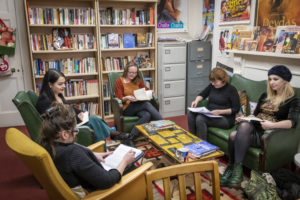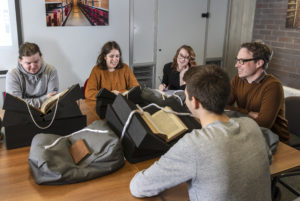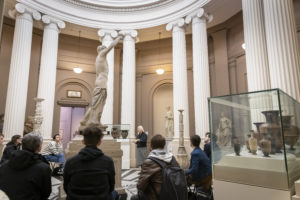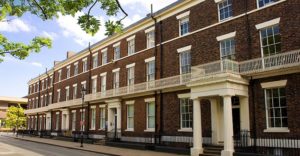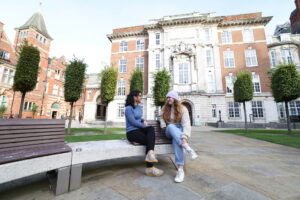How you'll learn
Most modules, except HIST504, take the form of small seminar groups, supplemented by independent study. Most seminars are weekly two-hour sessions, and all are taught in small groups. We consider small group teaching essential to the learning and teaching experience at postgraduate level. Students lead discussions in class, and receive guidance on further reading from the module tutor.
The Feasibility Study (HIST504) and Dissertation (HIST550) demands a higher degree of independence, with guidance and advice from a dedicated supervisor through up to five 45 minute meetings.
How you're assessed
Ongoing assessment is linked to work done primarily in seminars and through individual tutorials and supervisions.
Written assessments will vary according to the nature of the modules, research project and the needs of the student, but may include source analyses, written reports, critical reviews, feasibility studies, annotated bibliographies, historiographical review essays and formal research proposals.
Liverpool Hallmarks
We have a distinctive approach to education, the Liverpool Curriculum Framework, which focuses on research-connected teaching, active learning, and authentic assessment to ensure our students graduate as digitally fluent and confident global citizens.
The Liverpool Curriculum framework sets out our distinctive approach to education. Our teaching staff support our students to develop academic knowledge, skills, and understanding alongside our graduate attributes:
- Digital fluency
- Confidence
- Global citizenship
Our curriculum is characterised by the three Liverpool Hallmarks:
- Research-connected teaching
- Active learning
- Authentic assessment
All this is underpinned by our core value of inclusivity and commitment to providing a curriculum that is accessible to all students.
